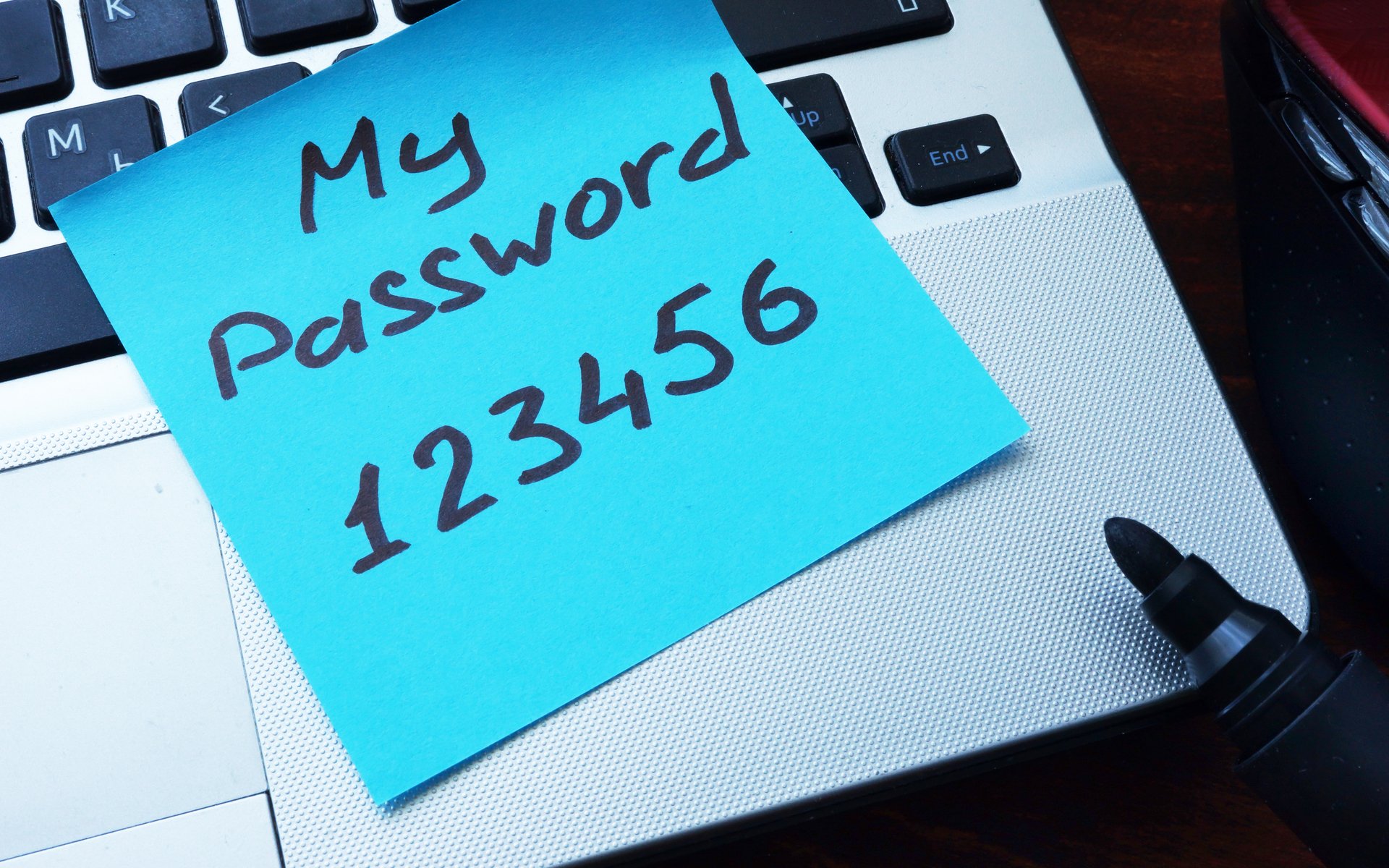
$1.1 billion in cryptocurrency has already been stolen in 2018 — as the malware industry continues to grow and provide less-than-tech-savvy users with the ability to easily and cheaply commit cybercrime. According to cybersecurity company Carbon Black, much of the loss has stemmed from individual’s failure to properly secure their investments.
‘It’s surprising just how easy it is’
The first half of 2018 has already seen nearly $1.1 billion stolen from cryptocurrency investors, according to Massachusetts-based cybersecurity company Carbon Black — and, for the criminals, it was too easy.
Carbon Black Security strategist Rick McElroy told CNBC:
It’s surprising just how easy it is without any tech skill to commit cybercrimes like ransomware. It’s not always these large nefarious groups, it’s in anybody’s hands.
The malware needed to commit cryptocurrency theft isn’t reserved for the rich, either. According to McElroy, all that is needed is, on average, $224 — with some priced as cheap as $1.04. Some malware even comes with customer service, and the entire marketplace for said malicious software is valued at roughly $6.7 million.
The malware is generally acquired on the dark web, where users can more easily maintain anonymity. “You just have to able to log in and be able to buy the thing,” McElroy told CNBC, “you can call customer support and they’ll give you tips.

‘It could just be two people in Romania’
Stealing other people’s cryptocurrency with malware has become so easy, in fact, that pretty much anybody can do it. McElroy explained:
You have nations that are teaching coding, but there’s no jobs. It could just be two people in Romania needing to pay rent.
Unsurprisingly, most of the theft comes as a result of holders not properly securing their cryptocurrency investments — or failing to understand that you truly must ‘be your own bank.’ Noted McElroy:
Usually we rely on banks, the tools are out there but investors need to know how to do this. A lot of people are unaware in this new gold rush, people are using cloud wallets and not securing their money.
Though using cloud wallets for storage is ill-advised, keeping your funds on exchanges is not the smartest option, either. Attacks on cryptocurrency exchanges’ hot wallets accounted for more than 25 percent of attacks in 2017.
Most recently, major Japanese cryptocurrency exchange Coincheck saw $600 million worth of XEM stolen by hackers in January 2018. The event sparked a wave of regulator-imposed improvements in Japan, after illustrating that no exchange is immune to potential cryptocurrency theft.
Are you surprised to learn that $1.1 billion in cryptocurrency has already been stolen this year? What percentage of investors do you believe fail to properly secure their investments? Let us know in the comments below!
Images courtesy of Shutterstock.


















